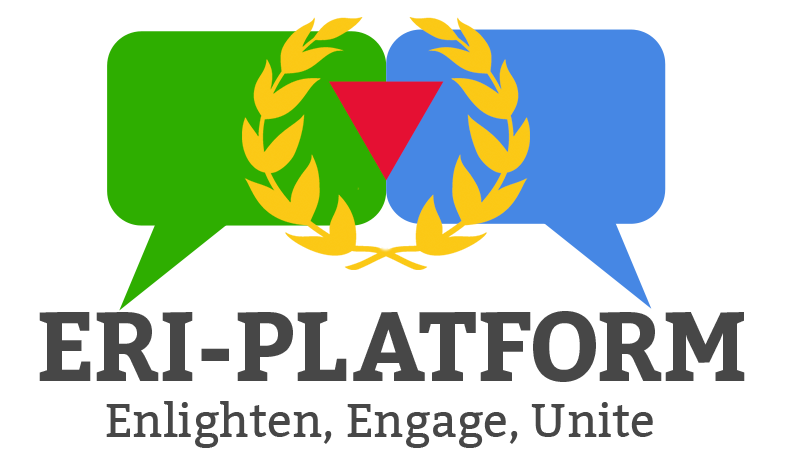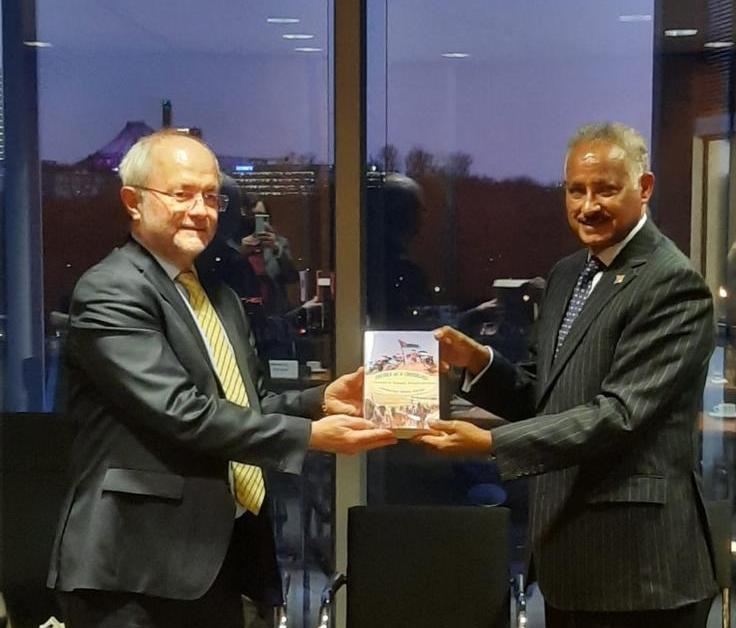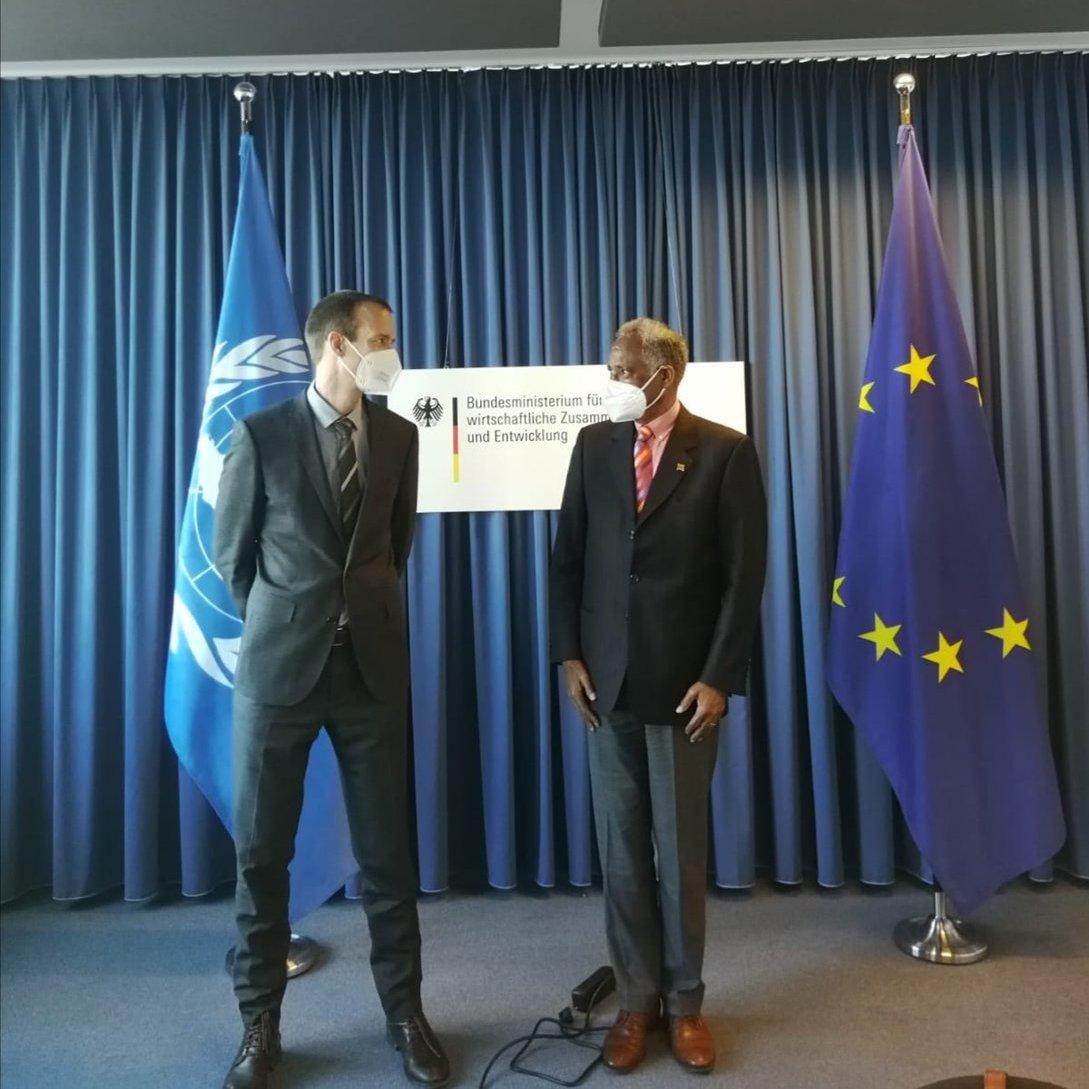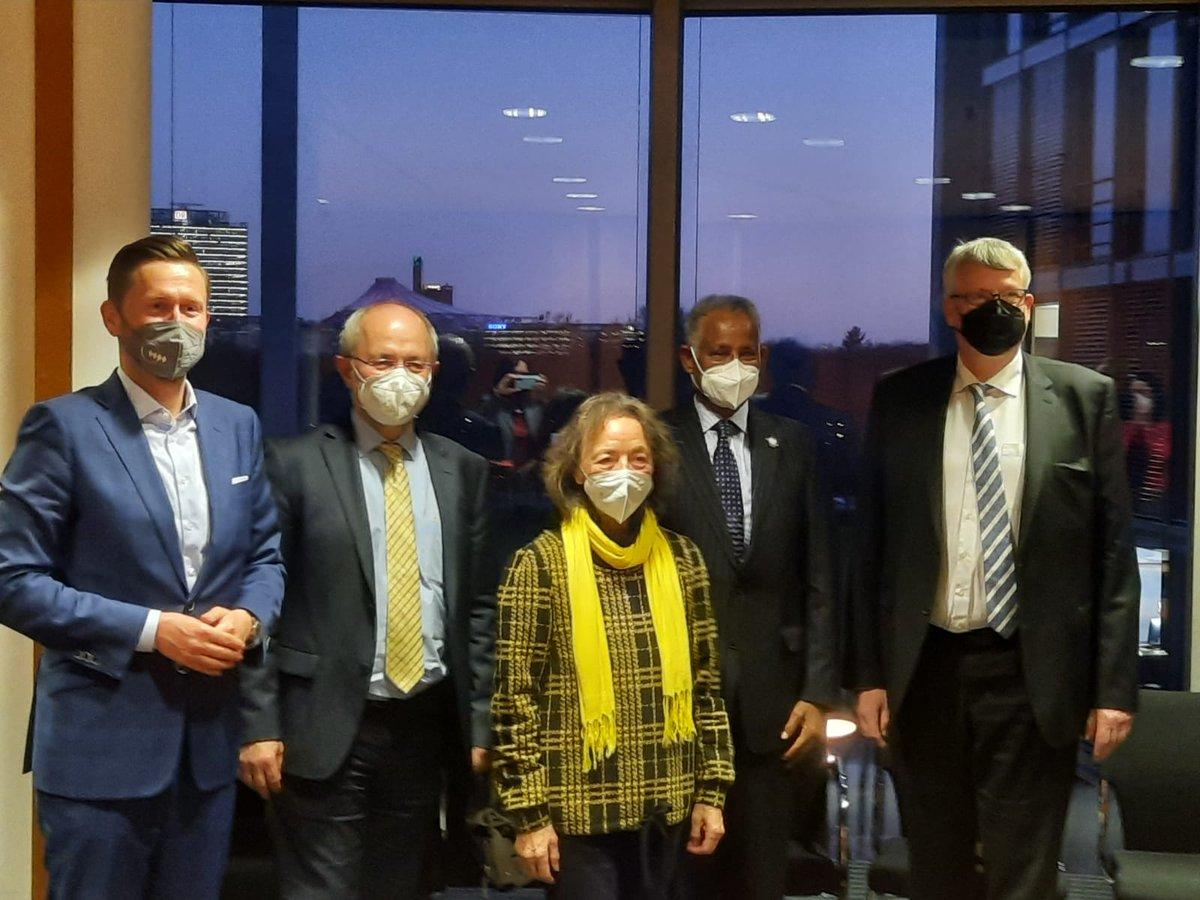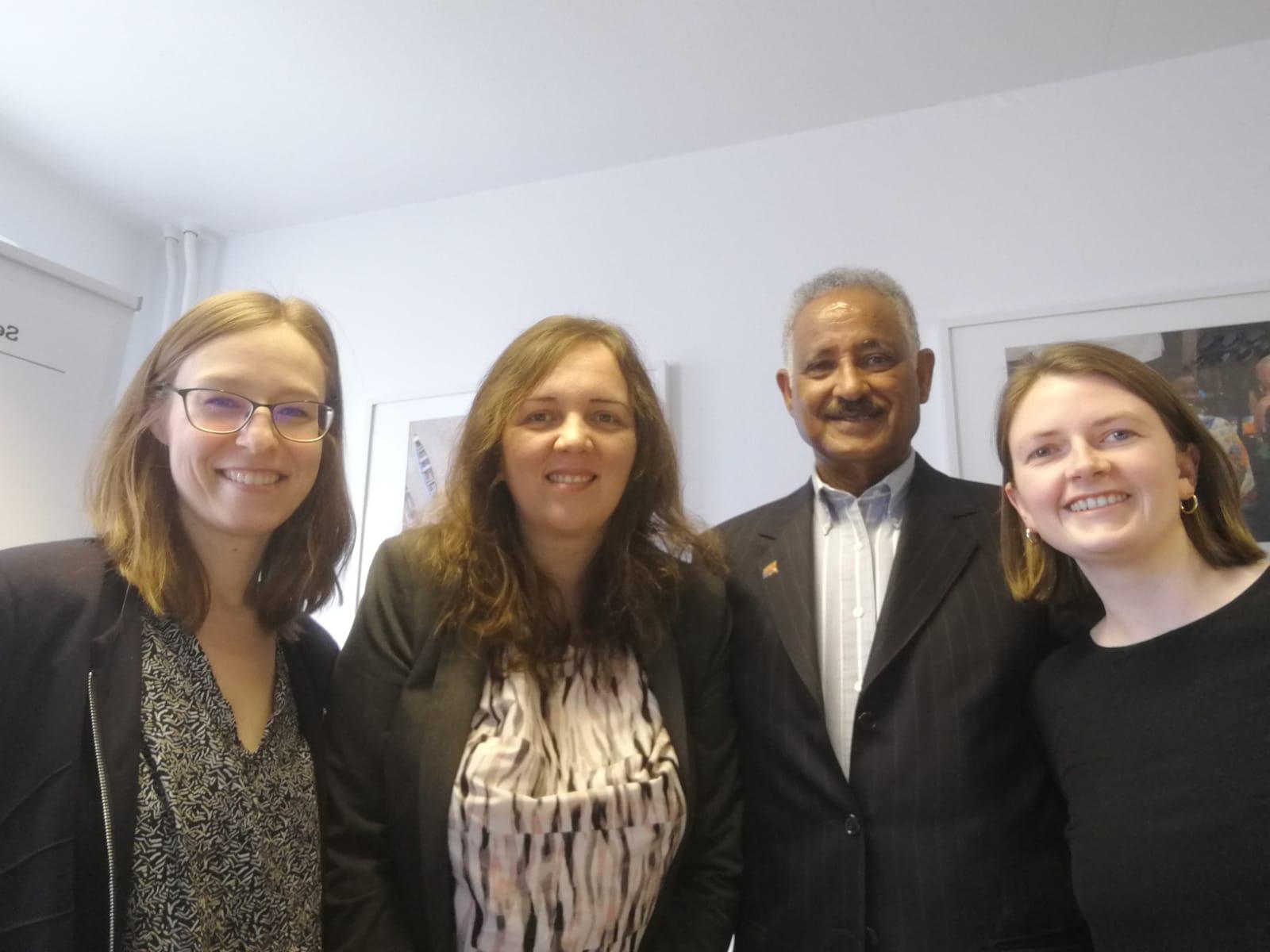Ambassador Andebrhan’s Meetings in Berlin
During a working visit to Berlin, Germany (20-26 March 2022), Ambassador Andebrhan Welde Giorgis held a series of meetings with senior officials in the Ministry for Foreign Affairs, Ministry for Economic Cooperation and Development, the President and the Secretary General of the German Africa Foundation, members of the Committee for Economic Cooperation and Development and the Committee for Foreign Affairs of the German Bundestag (Parliament).
In the meetings, Amb. Andebrhan engaged in extensive discussions and exchange of views on the present geostrategic, geopolitical and geoeconomic situation and the evolving alignment of regional and international forces in the face of intensifying Sino-American rivalry in the HoA; the Eritrean people’s triumphant struggle for self-determination; the post-independence regime’s betrayal of the goals of the armed struggle for national liberation; the imperative for a constitutional government and democratic governance in Eritrea; and the importance of international support for and solidarity with the legitimate aspirations of the Eritrean people for freedom, justice, democracy and prosperity. He posited that, with its strategic location and hardworking industrious people, an Eritrea founded on the rule of law rather than the exercise of the rule of man, has a great potential to grow into a democratic state; a regional hub of industry, commerce, and services; and a prosperous society.
In the discussions, Amb. Andebrhan described the highly strategic region of the Horn of Africa as dominated by strongman leaders presiding over authoritarian, corrupt and dysfunctional regimes. He explained that the governance system in the HoA states is generally marked by a significant democratic deficit, disregard for the rule of law, and gross and systematic violations of human rights. The authoritarian rulers control the levers of power and singlehandedly make the key decisions, including decisions of war and peace. He appraised that the combined effect of such authoritarian regimes and governance system has produced a volatile region beset by violent interstate, intrastate, interethnic, and internecine conflicts.
He emphasised that the de jure recognition and eventual de facto demarcation of the international boundary between Eritrea and Ethiopia in accordance with the African Union (AU) principle of the sanctity of colonial borders inherited at independence would constitute the only viable basis for durable peace between the two countries. In this context, Amb. Andebrhan underscored that, given its considerable economic muscle, soft power and prudent diplomacy, Germany can, unilaterally and within the framework of the European Union (EU), play a significant role in helping disentangle and resolve the complex conflict matrix in the Horn of Africa and the Red Sea Basin.
Furthermore, Amb. Andebrhan advocated that Germany extends assistance to Eritrea that directly benefits the people and improves their human condition and wellbeing in such sectors as health, education, technology transfer, renewable energy, water supply, food security, etc., as well as grant asylum to Eritrean refugees in Germany without asking them to go to the Eritrean Embassy to have their documents verified.
